Vietnam and EU sign free trade agreement after 9 years of negotiations
The Vietnam - EU free trade agreement is expected to create an additional boost to help the wave of investment from this region into Vietnam increase strongly.
Today (June 30), the Free Trade Agreement (EVFTA) and the Investment Protection Agreement (IPA) between Vietnam and the European Union (EU) were signed in Hanoi, after 9 years of negotiations.
According to the Ministry of Industry and Trade, the EVFTA and the Investment Protection Agreement between Vietnam and the European Union (IPA) were signed at the same time, with commitments to fair and equal treatment, safe and full protection for investments, investors will actively contribute to building a transparent legal and investment environment. From there, Vietnam will attract more investors from the EU.
EVFTA with 17 Chapters, 2 Protocols and a number of accompanying memorandums of understanding (trade in goods, trade in services, investment, trade defense, competition, state-owned enterprises, government procurement, intellectual property...) is a comprehensive agreement and ensures a balance of benefits for both Vietnam and the EU, which also takes into account the difference in development levels between the two sides.
Regarding Vietnam's exports, as soon as the Agreement comes into effect, the EU will eliminate import taxes on nearly 86% of tax lines and more than 99% of tax lines will be removed after 7 years, equivalent to 99.7% of Vietnam's export turnover to 28 EU member countries. For the remaining 0.3% of export turnover, the EU commits to providing Vietnam with a tariff quota with an import tax within the quota of 0%.
Thus, nearly 100% of Vietnam's export turnover to the EU will have import tax eliminated. To date, this is the highest level of commitment that a partner has given to Vietnam in signed FTA agreements. This benefit is especially meaningful when the EU is one of the two largest export markets.
|
Prime Minister Nguyen Xuan Phuc met with President of the European Parliament Antonio Tajani during his visit to the EU in October 2018.Photo: VGP |
In the opposite direction, Vietnam also committed to immediately eliminate 48.5% of tariff lines for EU goods. After 7 years, the number of tariff lines eliminated will increase to 91.8%, equivalent to 97.1% of export turnover. After 10 years, the tariff elimination rate will be about 98.3% of tariff lines (accounting for 99.8% of import turnover). For about 1.7% of the remaining EU tariff lines, Vietnam will apply a roadmap to eliminate import tariffs longer than 10 years or apply tariff quotas according to WTO commitments.
"EVFTA will be a huge boost for Vietnam's exports, helping to diversify markets and export products, especially agricultural and aquatic products," said Minister of Industry and Trade Tran Tuan Anh.
According to him, the commitments to fair and equal treatment, safe and full protection for each other's investments and investors in the IPA Agreement will actively contribute to building a transparent legal and investment environment, thereby Vietnam will attract more investors from the EU and other countries.
Mr. Pham Hong Hai - General Director of HSBC Bank Vietnam commented that under the impact of this agreement, Vietnam's economic growth will increase, on the basis of the average EU investment in Vietnam reaching nearly 800 million USD per year from 2010-2017 and has a more optimistic outlook in the coming time.
Meanwhile, the IPA includes modern provisions on investment protection that allow for enforcement and implementation through the new Investment Court System while still ensuring that governments on both sides have the right to regulate in the interests of their citizens.
The IPA will replace the bilateral investment agreements that 21 EU member states have signed with Vietnam, implementing a new legal framework to ensure the prevention of conflicts of interest and increase transparency.
The next steps after these two agreements are signed by the EU and Vietnam will be to submit them to the European Parliament and the Vietnamese National Assembly for ratification, expected in 2020. After this ratification step, the EVFTA will officially be completed and come into effect. Meanwhile, the IPA Agreement needs ratification by EU member states in accordance with each country's internal processes, which is expected to take about 2 years.

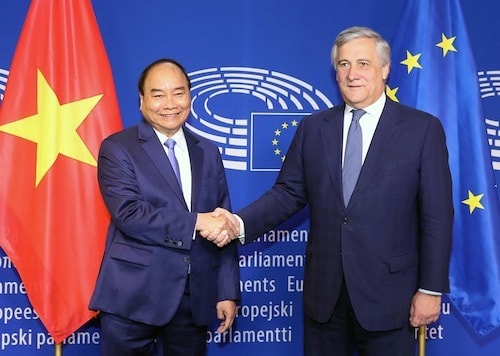
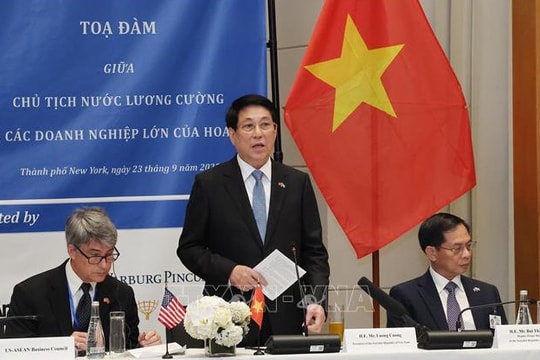
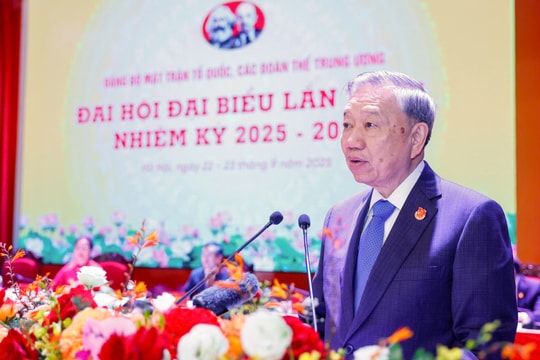
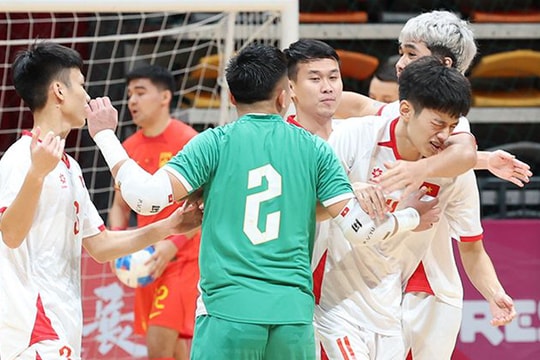

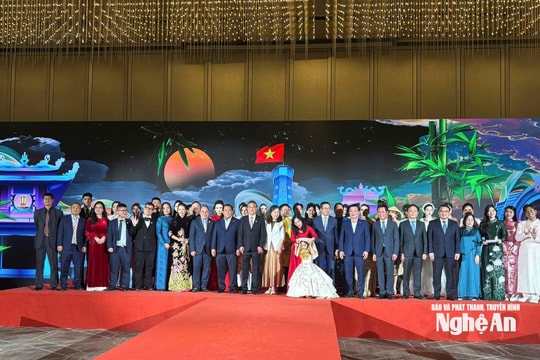
.jpg)
